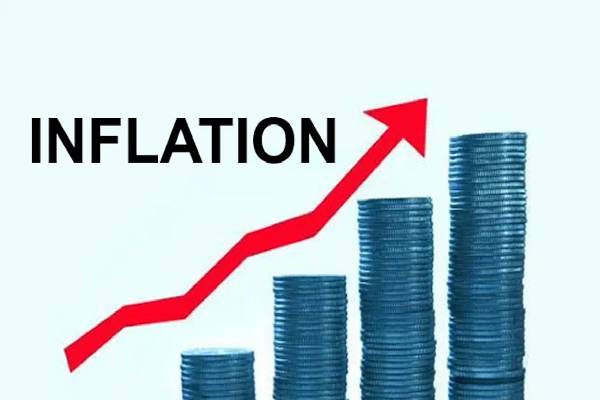Nigeria’s headline inflation rose to 21.82 per cent in January, 2023, after dropping to 21.34 per cent in December, 2022.
In a report, the National Bureau of Statistics (NBS) stated that the rise was due to disruption in the supply of food products, increases in import cost due to the naira’s depreciation and a general increase in the cost of production.
It stated that: “In January, 2023, the headline inflation rate rose to 21.82 per cent, compared to December, 2022, headline inflation rate which was 21.34 per cent.
“Looking at the trend, the January, 2023, inflation rate showed an increase of 0.47 per cent points when compared to December, 2022, inflation rate. However, on a year-on-year basis, the headline inflation rate was 6.22 per cent points higher compared to the rate recorded in January, 2022, which was 15.60 per cent.
- JUST IN: Take old N500, N1000 notes to CBN, Buhari tells Nigerians
- Don’t distract EFCC from fighting corruption, CSOs tell protesters
“This shows that the headline inflation rate (year-on-year) increased in January, 2023, when compared to the same month in the preceding year.”
NBS listed items that contributed to the high inflation as bread and cereal (21.67 per cent), actual and imputed rent (7.74 per cent), potatoes, yam and tuber (6.06 per cent), vegetable (5.44 per cent), and meat (4.78 per cent). On a month-on-month basis, the percentage change in the All-Items Index in January 2023 was 1.87 per cent, which was 0.15 per cent points higher than the rate recorded in December 2022 (1.71 per cent).
For ‘all items less farm produce’ or Core inflation, it identified highest increases were recorded in gas, liquid fuel, passenger transport by air, vehicles spare parts, fuels, and lubricants for personal transport equipment and solid fuel,
The NBS stated that urban inflation was 22.55 per cent which is 6.38 per cent points higher compared to the 16.17 per cent recorded in January 2022.
“On a month-on-month basis, the urban inflation rate was 1.98 per cent in January 2023, this was 0.17 per cent points higher compared to December 2022 (1.80 per cent).
On the other hand, rural inflation increased to 21.13 per cent on a year-on-year basis. This was 6.08 per cent points higher compared to the 15.06 per cent recorded in January, 2022. On a month-on-month basis, the rural inflation rate in January, 2023, was 1.77 per cent, up by 0.14 per cent compared to December, 2022 (1.63 per cent).

 Join Daily Trust WhatsApp Community For Quick Access To News and Happenings Around You.
Join Daily Trust WhatsApp Community For Quick Access To News and Happenings Around You.


